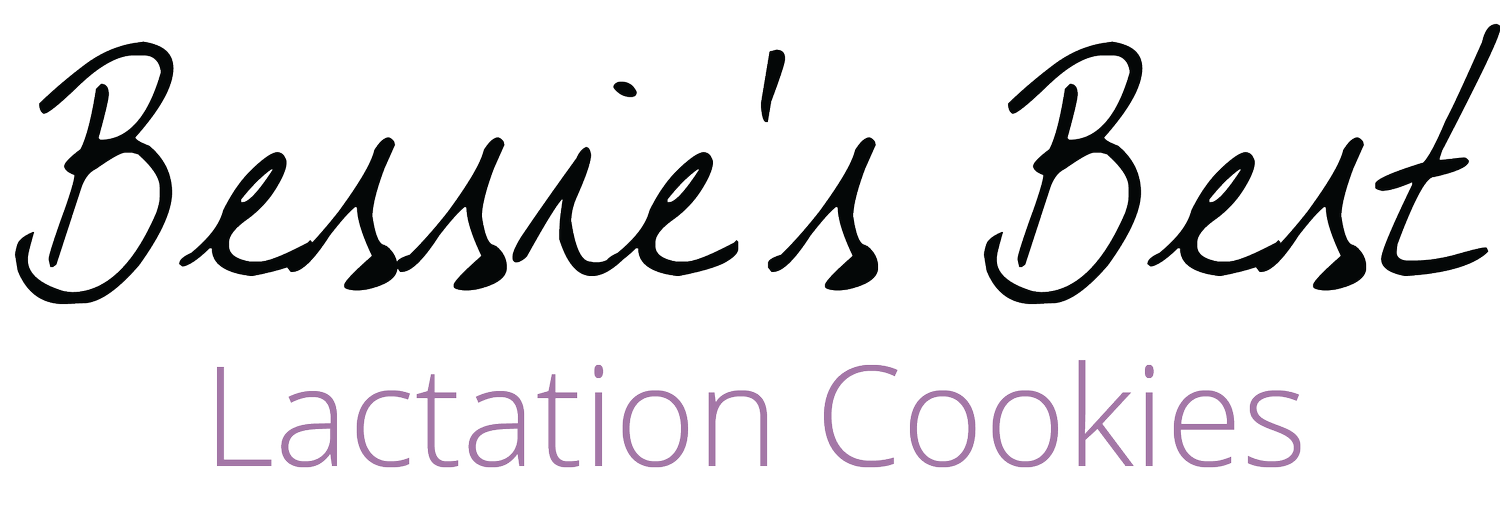Flying And TSA While Pumping

With the COVID restrictions slowing down and air travel increasing, there is no doubt that you may have plans to fly in your future. As if getting through airport security and TSA isn’t stressful enough, now you’re a breastfeeding and pumping mom who is trying to fly with breastmilk. You may have seen a recent story about a woman who was forced to let her milk go bad due to TSA’s misunderstanding of the policies surrounding breastmilk. Be sure to refer to the TSA.gov website for all of the details you need for getting through security. We’ve also made a convenient infographic that you can save to your phone or email, as well.

Here’s what you need to know:
-
Breastmilk IS allowed in carry-on bags (with special instructions) and checked bags, and is exempt from the 3.4 oz liquid limits and rules.
-
You will need to remove your breastmilk storage bags from your carry-on for screening.
-
You are able to carry ice/freezer packs in order to cool your breastmilk. If they are a bit thawed or slushy in consistency, they may require screening, as well. Packing multiple, smaller ice packs may be a better choice than larger ones, as TSA may hold you to the 3.4 oz liquid threshold for partially thawed packs.
-
You do NOT need to be traveling with your child in order to fly with your breastmilk.
-
TSA will NOT need to open your bags of breastmilk for any reason.
-
Each airline has different requirements for the pump itself (for example, some airlines consider it your personal item). Check your airline’s website or call them ahead of time if you are unsure of their policies.
Here are some tips for getting through TSA:
-
Arrive at the airport in plenty of time in case TSA has any questions.
-
Immediately let a TSA agent know that you are carrying breastmilk with you.
-
Do not feel rushed into making a decision that would compromise your breastmilk. It may seem intimidating to push back on TSA, but people make honest mistakes and it is okay for you to stay firm in what you know.
-
If TSA is not following the protocols as you understand them, you can refer them to this statement made on their website recently and/or call 1-866-289-9673.
It can be stressful worrying about all of these rules, but the key is prepping ahead of time and knowing your rights. Don’t be afraid to stand up for yourself and your baby! Try to be patient and remember that the TSA agent may be new, may have never encountered this situation outside of training, and/or may not have screened breastmilk in a while. Their job is to try to keep everyone safe, but again - don’t be afraid to refer them to the resources in this blog to help you navigate the situation.
